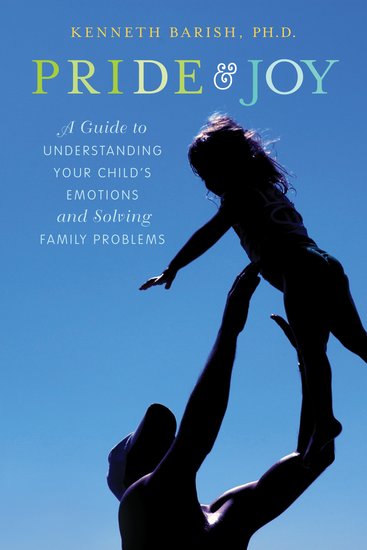The final piece of the puzzle
When a group of people collectively solve a jigsaw puzzle, who gets the credit? The person who puts the final piece in the puzzle? The person who sorted out the edge pieces at the beginning? The person who realised what the picture was of? The person who found the puzzle pieces and suggested trying to put them together? The person who managed the project and kept everyone on track? The whole group?


